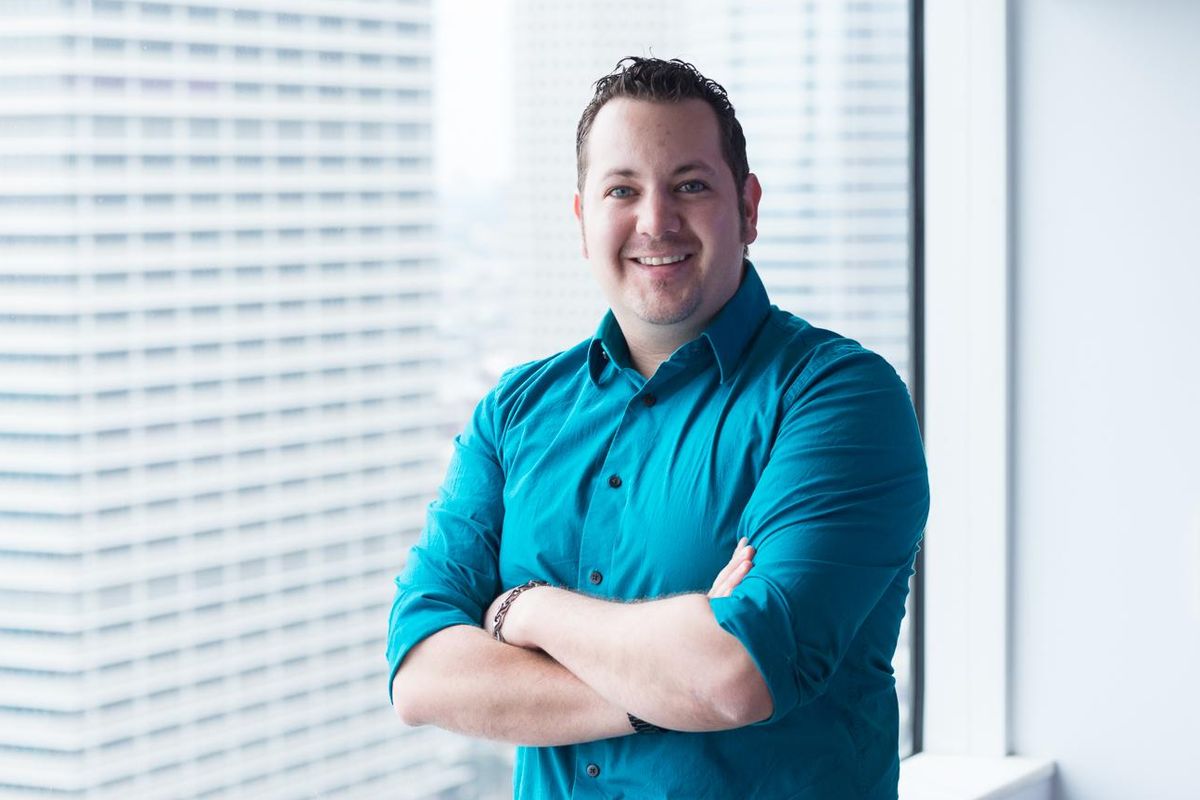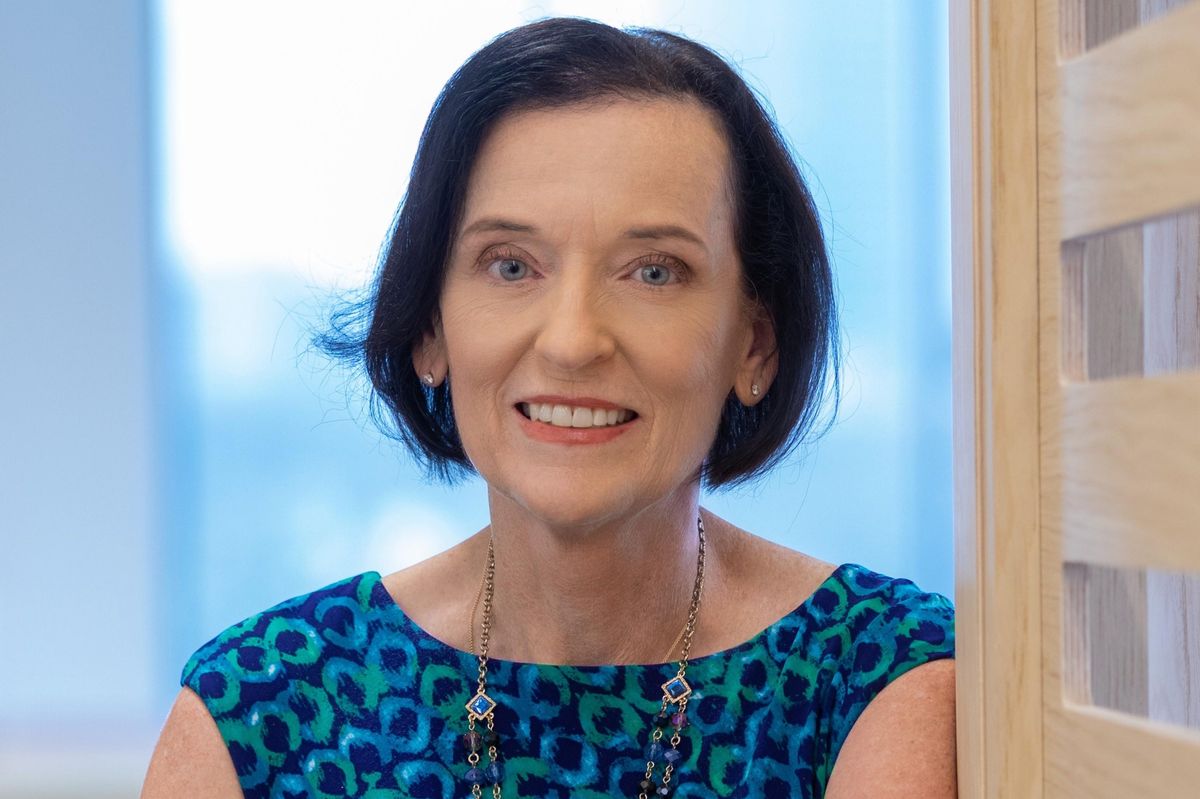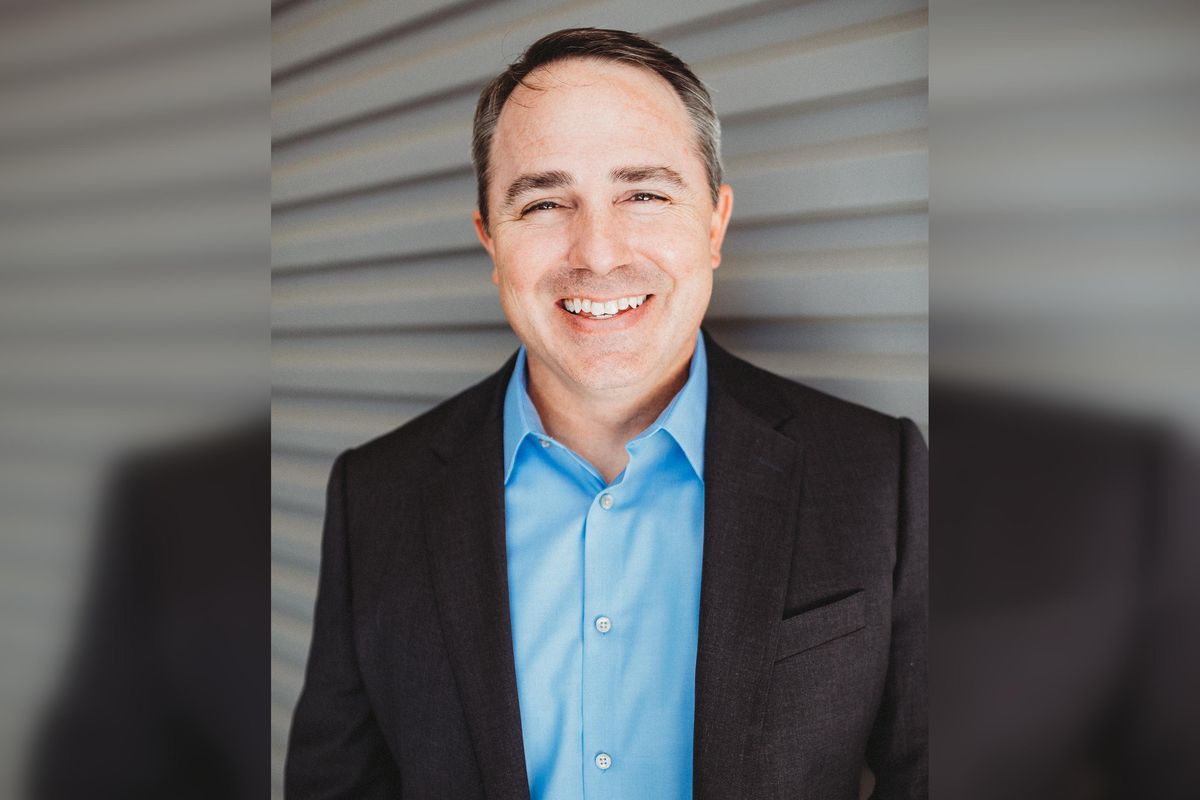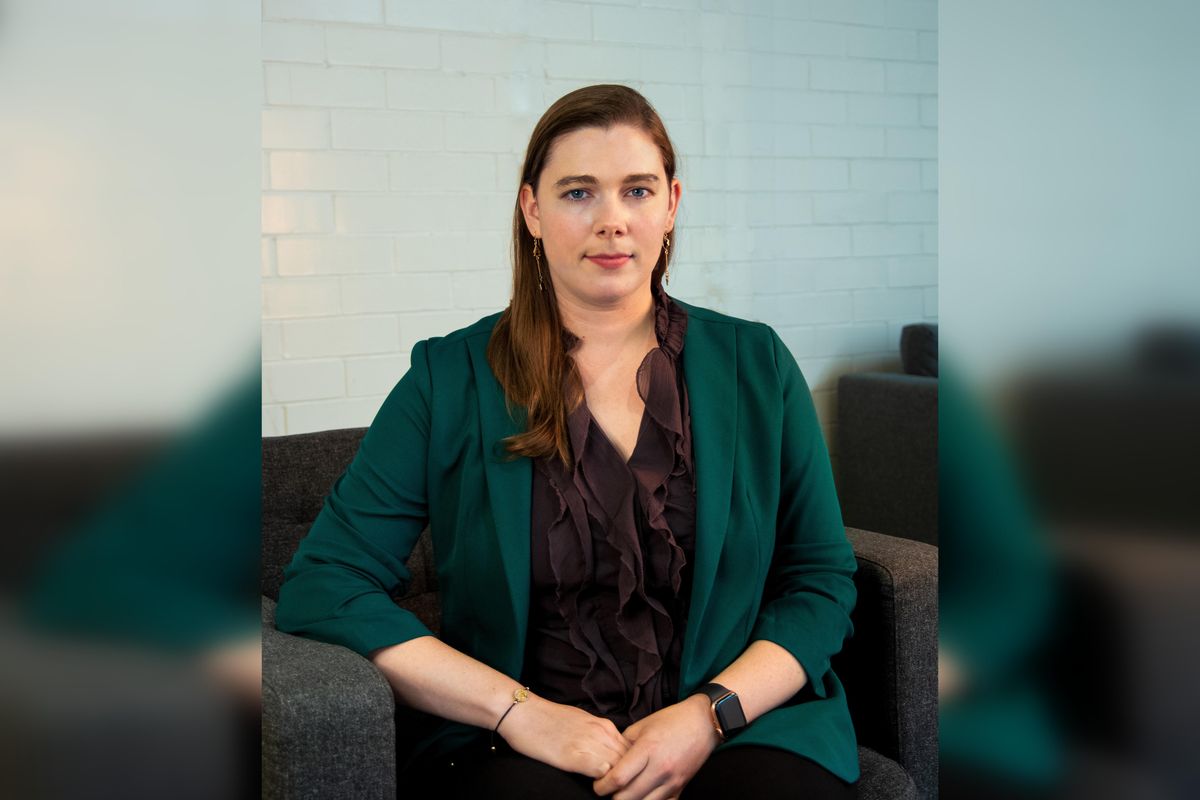Researchers at Rice University have developed an innovative process that uses artificial intelligence to better understand complex genetic circuits.
A study, published in the journal Nature, shows how the new technique, known as “Combining Long- and Short-range Sequencing to Investigate Genetic Complexity,” or CLASSIC, can generate and test millions of DNA designs at the same time, which, according to Rice.
The work was led by Rice’s Caleb Bashor, deputy director for the Rice Synthetic Biology Institute and member of the Ken Kennedy Institute. Bashor has been working with Kshitij Rai and Ronan O’Connell, co-first authors on the study, on the CLASSIC for over four years, according to a news release.
“Our work is the first demonstration that you can use AI for designing these circuits,” Bashor said in the release.
Genetic circuits program cells to perform specific functions. Finding the circuit that matches a desired function or performance "can be like looking for a needle in a haystack," Bashor explained. This work looked to find a solution to this long-standing challenge in synthetic biology.
First, the team developed a library of proof-of-concept genetic circuits. It then pooled the circuits and inserted them into human cells. Next, they used long-read and short-read DNA sequencing to create "a master map" that linked each circuit to how it performed.
The data was then used to train AI and machine learning models to analyze circuits and make accurate predictions for how untested circuits might perform.
“We end up with measurements for a lot of the possible designs but not all of them, and that is where building the (machine learning) model comes in,” O’Connell explained in the release. “We use the data to train a model that can understand this landscape and predict things we were not able to generate data on.”
Ultimately, the researchers believe the circuit characterization and AI-driven understanding can speed up synthetic biology, lead to faster development of biotechnology and potentially support more cell-based therapy breakthroughs by shedding new light on how gene circuits behave, according to Rice.
“We think AI/ML-driven design is the future of synthetic biology,” Bashor added in the release. “As we collect more data using CLASSIC, we can train more complex models to make predictions for how to design even more sophisticated and useful cellular biotechnology.”
The team at Rice also worked with Pankaj Mehta’s group in the department of physics at Boston University and Todd Treangen’s group in Rice’s computer science department. Research was supported by the National Institutes of Health, Office of Naval Research, the Robert J. Kleberg Jr. and Helen C. Kleberg Foundation, the American Heart Association, National Library of Medicine, the National Science Foundation, Rice’s Ken Kennedy Institute and the Rice Institute of Synthetic Biology.
James Collins, a biomedical engineer at MIT who helped establish synthetic biology as a field, added that CLASSIC is a new, defining milestone.
“Twenty-five years ago, those early circuits showed that we could program living cells, but they were built one at a time, each requiring months of tuning,” said Collins, who was one of the inventors of the toggle switch. “Bashor and colleagues have now delivered a transformative leap: CLASSIC brings high-throughput engineering to gene circuit design, allowing exploration of combinatorial spaces that were previously out of reach. Their platform doesn’t just accelerate the design-build-test-learn cycle; it redefines its scale, marking a new era of data-driven synthetic biology.”












